When Tim Cook stepped into that meeting with China's Ministry of Industry and Information Technology, he wasn't just making another routine diplomatic visit. Not a handshake tour. A tightrope. The Apple CEO was orchestrating what might be the most complex corporate balancing act in modern business history. His promise to expand Apple's investments in China, paired with the iPhone Air's Chinese launch, reads as a strategic gambit, a tech giant trying to operate between two economic superpowers without picking a side.
The backdrop makes it even sharper. Cook has also committed massive resources to American manufacturing through a $600 billion domestic investment program, building parallel bets that could, in theory, pull in opposite directions. Here's a CEO essentially saying we're all in to both China and America at the same time.
Navigating the China investment landscape
Apple's relationship with China reaches far beyond selling iPhones to local consumers. It runs through assembly lines, logistics hubs, and developer communities. When Cook sat down with Minister Jin Zhuanglong, the focus was industrial supply chain development. According to Investment Monitor, Cook emphasized Apple's intention to contribute to that development and to push innovation through collaboration with Chinese companies.
Beijing made its ask just as clearly. Jin highlighted the broader opening of the telecommunications sector, framing it as fresh room for international players to operate. China Daily reports that he called for Apple to continue exploring the market, increase investment in innovation, grow with Chinese companies, and share the dividends of high quality development.
Put simply, China is not only seeking factory footprints. It wants technology partnerships and deeper integration with domestic firms, expectations that create opportunities and obligations for Apple well beyond a standard vendor relationship.
There is history here. Cook previously negotiated arrangements worth over $275 billion to navigate regulatory turbulence, as The Information revealed. That 2016 agreement came out of in person visits during a burst of regulatory actions. Today's promises suggest Apple now treats proactive diplomacy as insurance against future shocks.
The iPhone Air timing strategy
Cook did not arrive with only talking points. He brought a launch window. The iPhone Air's Chinese release, as The South China Morning Post reports, was set for within the week, turning relationship building into visible product momentum.
The timing says a lot. The iPhone Air targets users who prize portability and design elegance. By spotlighting China for this rollout, Apple signals that Chinese buyers are first tier customers, not an afterthought. That is a different posture from companies that view China mainly as a factory floor.
There is a diplomatic angle too. The iPhone Air functions as relationship currency, immediate proof of commitment that goes beyond pledges. Cook is effectively saying, we are investing later, and we are shipping now.
The choice of product matters. Rather than defaulting to a one size fits all global drop, highlighting a new category in China implies confidence in local appetite for fresh ideas. It also creates momentum for broader discussions, giving officials a concrete example when they defend cooperation with a US tech company.
Chinese officials seemed to welcome that stance. Investment Monitor indicates that Minister Jin encouraged deeper collaboration between Apple and domestic firms, a sign that both sides see benefits despite wider trade tensions.
Balancing global manufacturing commitments
Here is where the strategy turns into an operational puzzle. Apple is maintaining large commitments to Chinese and American manufacturing ecosystems at once, while building redundant capacity across both. The company recently announced an additional $100 billion in US facilities, as Deseret News confirmed. That brings the American Manufacturing Program to $600 billion over four years.
The scale is enormous. Roughly 80 percent of Apple's products are made in China, according to Deseret News. Dependency runs deep. At the same time, Apple is building alternatives that could trim that exposure.
Semiconductors show how complicated this gets. Apple is expanding partnerships with Texas Instruments to boost US chip output in Utah and Texas. Deseret News reports that Apple will support additional tool installations at the TI facility in Lehi, Utah, and a new site in Sherman, Texas. The idea is to create domestic options for critical components while keeping existing Chinese relationships intact.
The challenge is not just money. Parallel supply chains mean different regulators, standards, and logistics playbooks. Apple has to be fluent in two ecosystems, each with its own perks and pain points.
Crucially, this redundancy is not a replacement plan, it is risk management. The goal is flexibility, the kind that lets Apple serve customers if trade rules shift or politics flare.
What this means for Apple's future
Cook's approach shows how a multinational can operate in a fragmented economy. Instead of choosing sides in US China tensions, Apple is building strategic redundancy that cushions potential shocks while pursuing growth in both places.
The company's willingness to put real money into China, as documented by Global Times, points to confidence in those partnerships despite political noise. In parallel, the US commitments suggest Apple sees geopolitical diversification as essential for stability, not a nice to have.
If tensions rise, Apple has production options. If they cool, Apple enjoys optimized global capacity. If Chinese domestic players grow more competitive, Apple has collaboration threads in place rather than purely transactional ties.
The iPhone Air timing reinforces another point, product launches can act as soft power. By giving Chinese consumers priority attention, Apple strengthens its position with regulators and buyers even as larger disagreements rumble on.
Maybe the bigger takeaway is a blueprint. Instead of picking a camp, build the capabilities to serve everyone, wherever the winds blow. It takes extraordinary capital, hundreds of billions across regions, and it will test operations to the limit.
Success hinges on execution, Apple must juggle dual supply chains and keep both governments onside. Cook's diplomacy has worked so far. The real exam comes if the world forces companies to choose. If Apple keeps its balance, it could remain one of the few truly global tech firms that thrives in a more fragmented era.




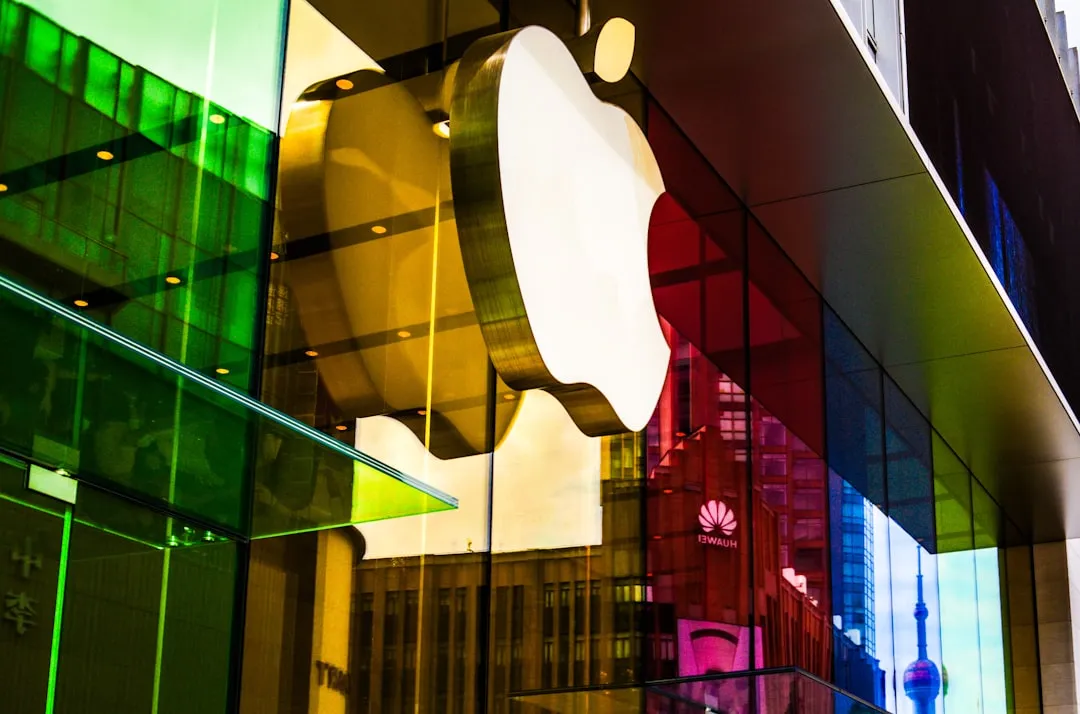


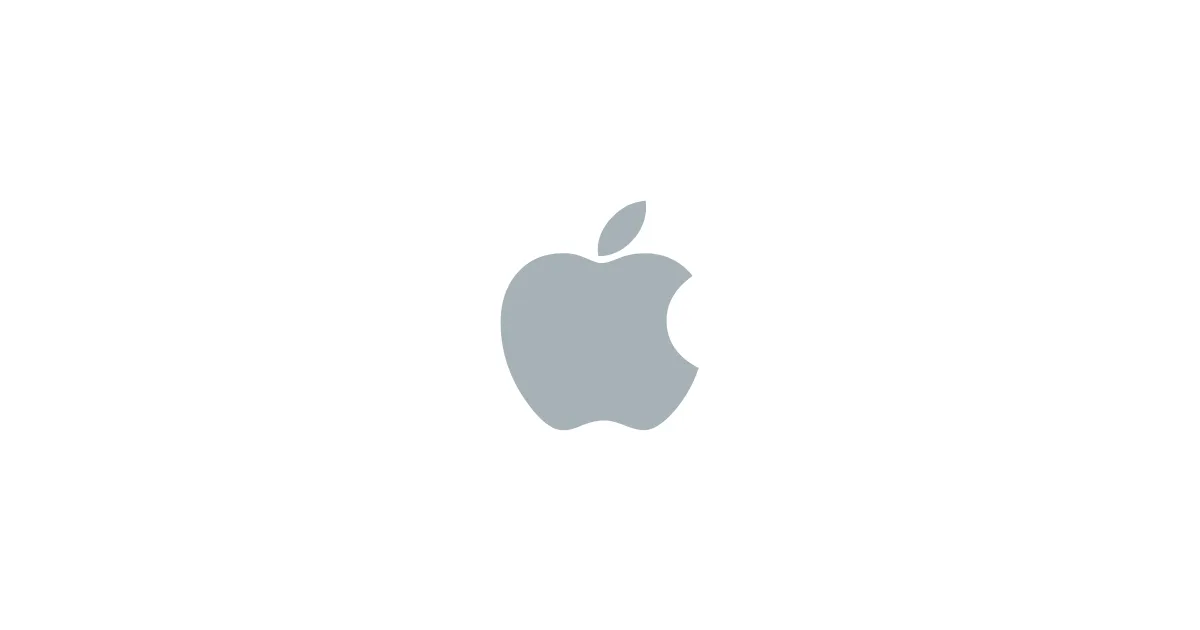
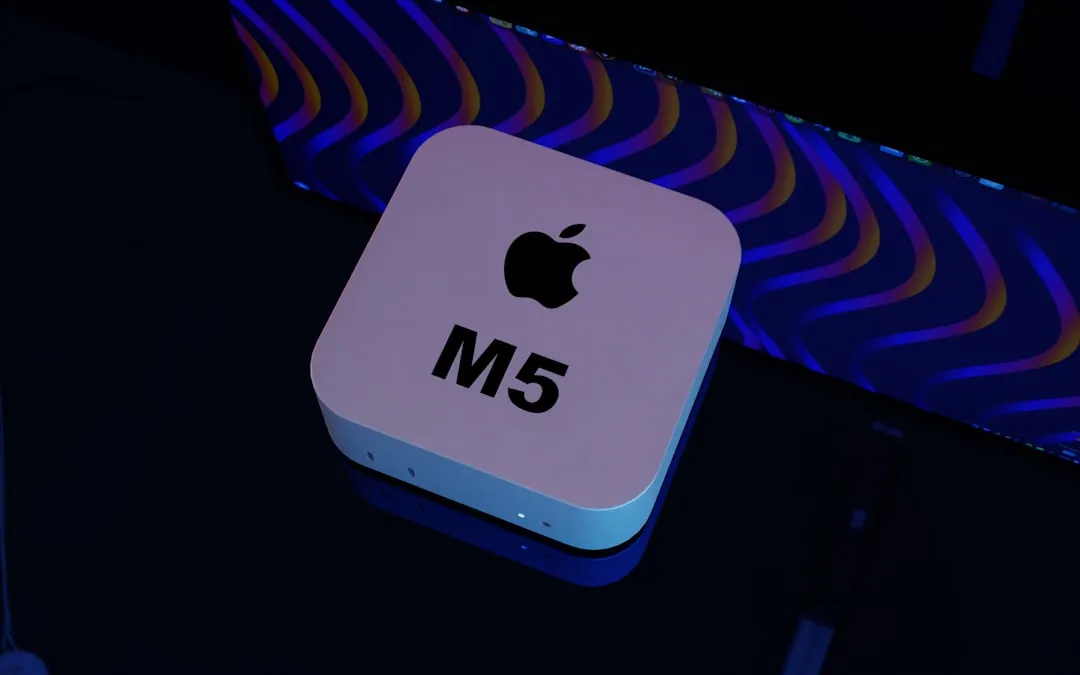
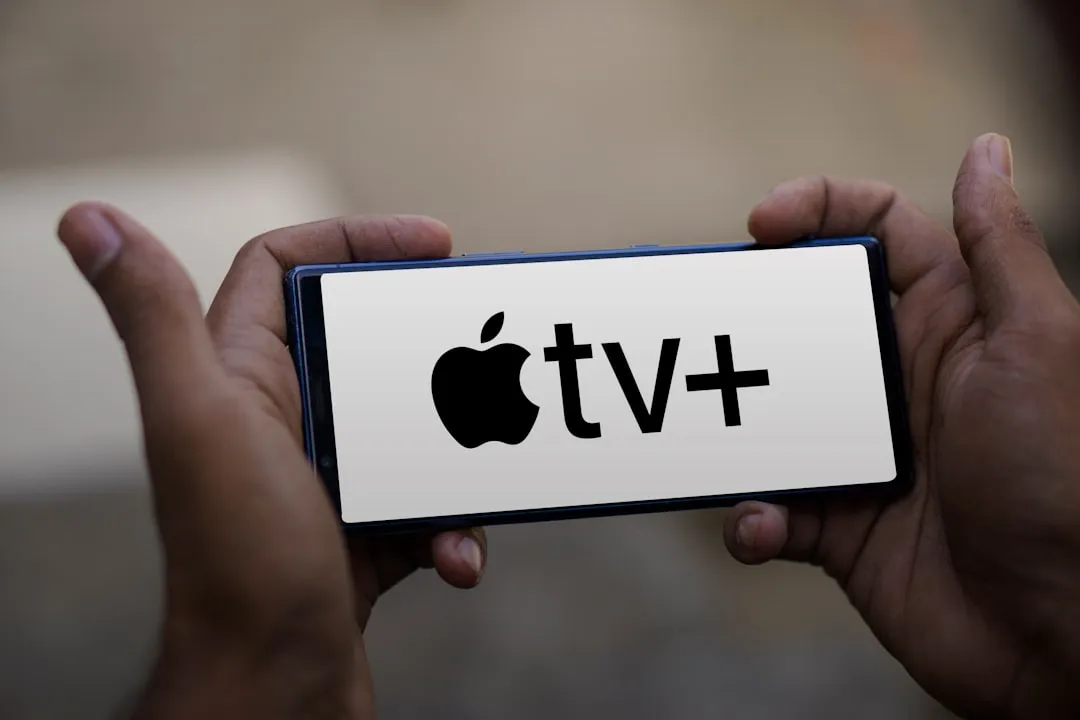
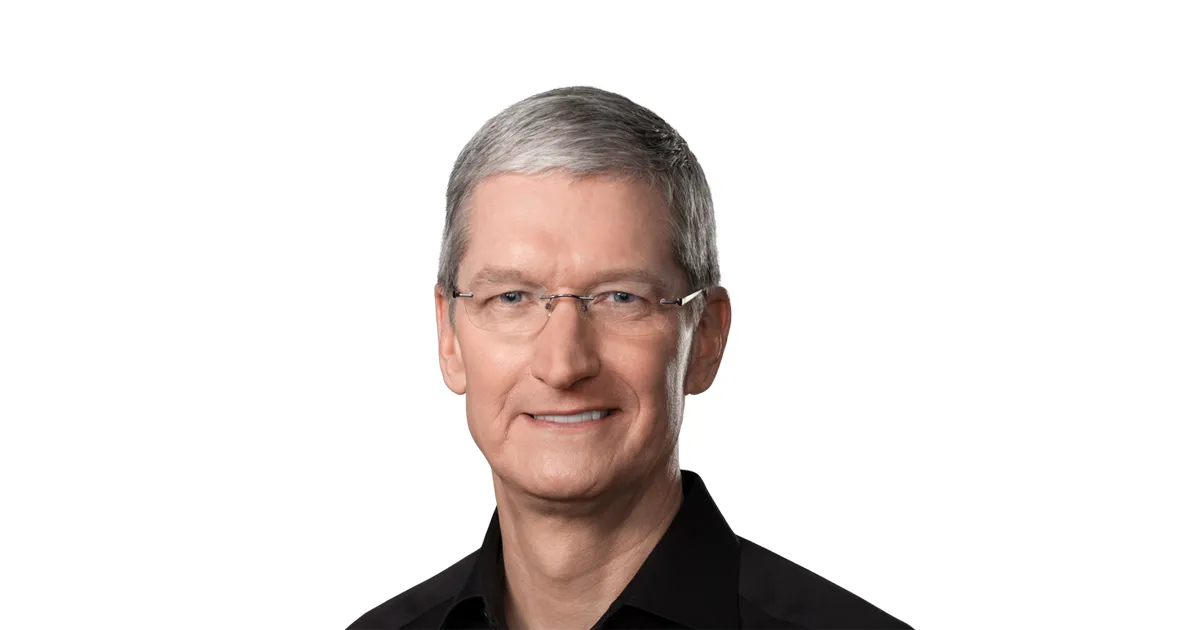
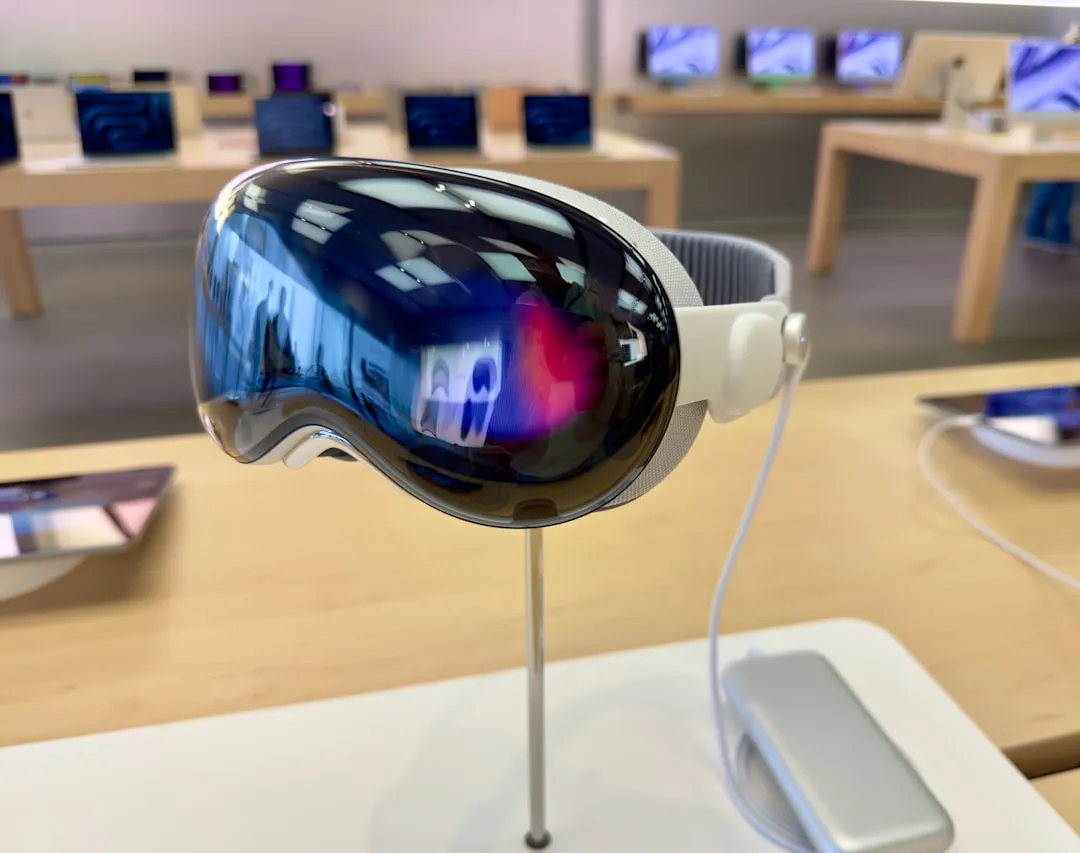


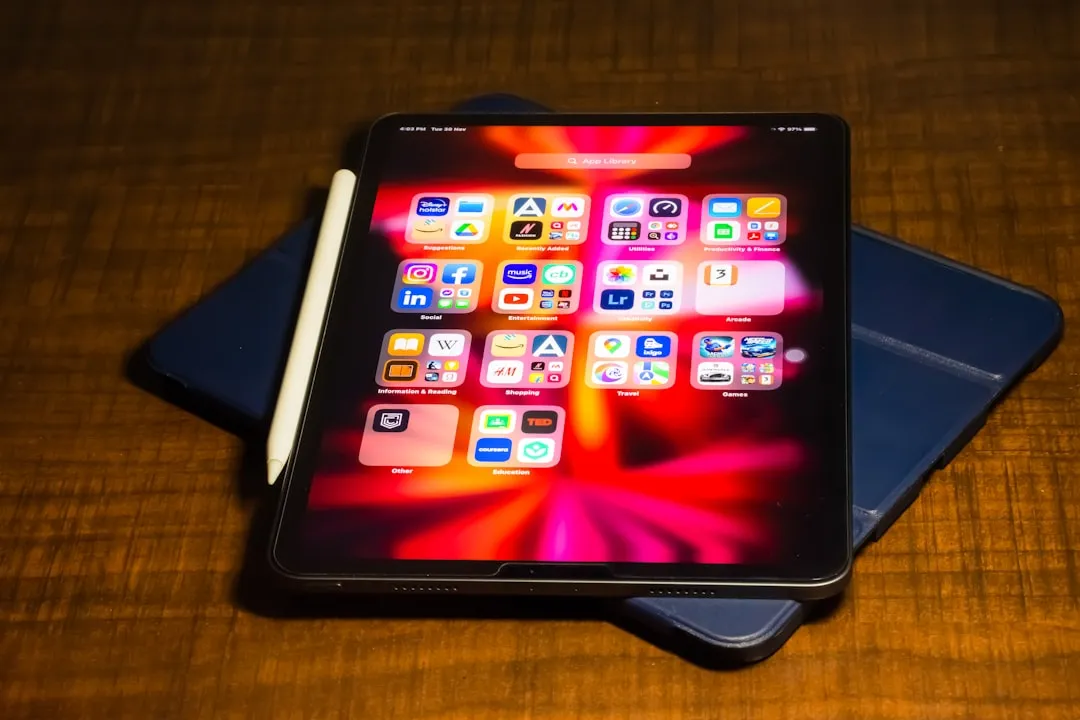
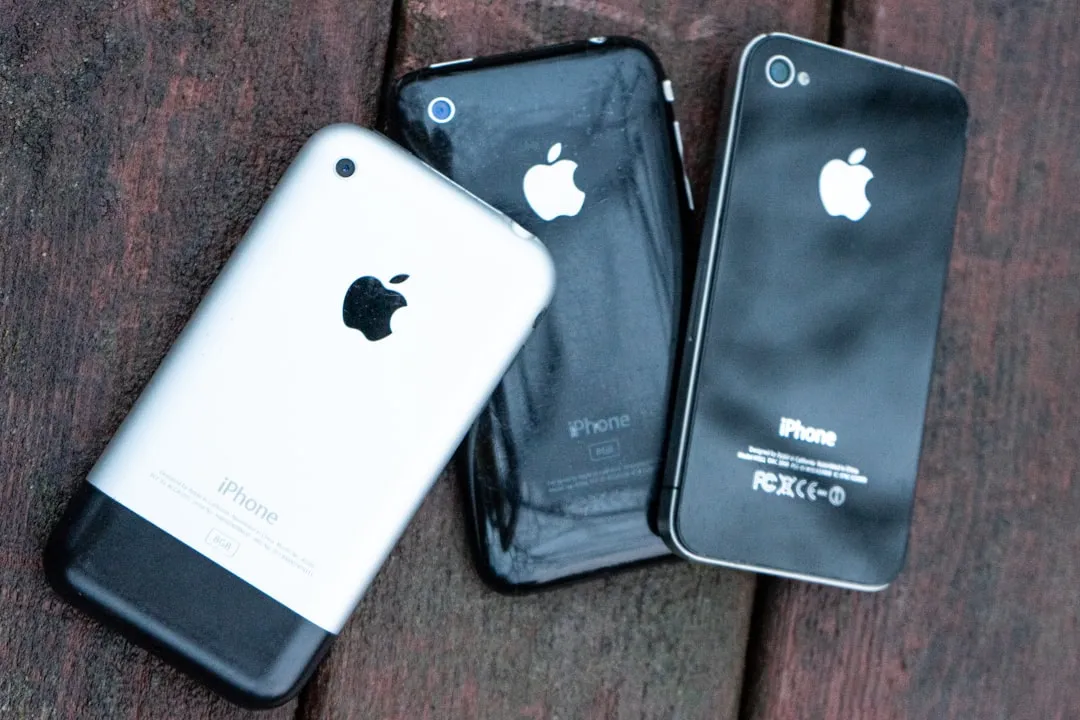
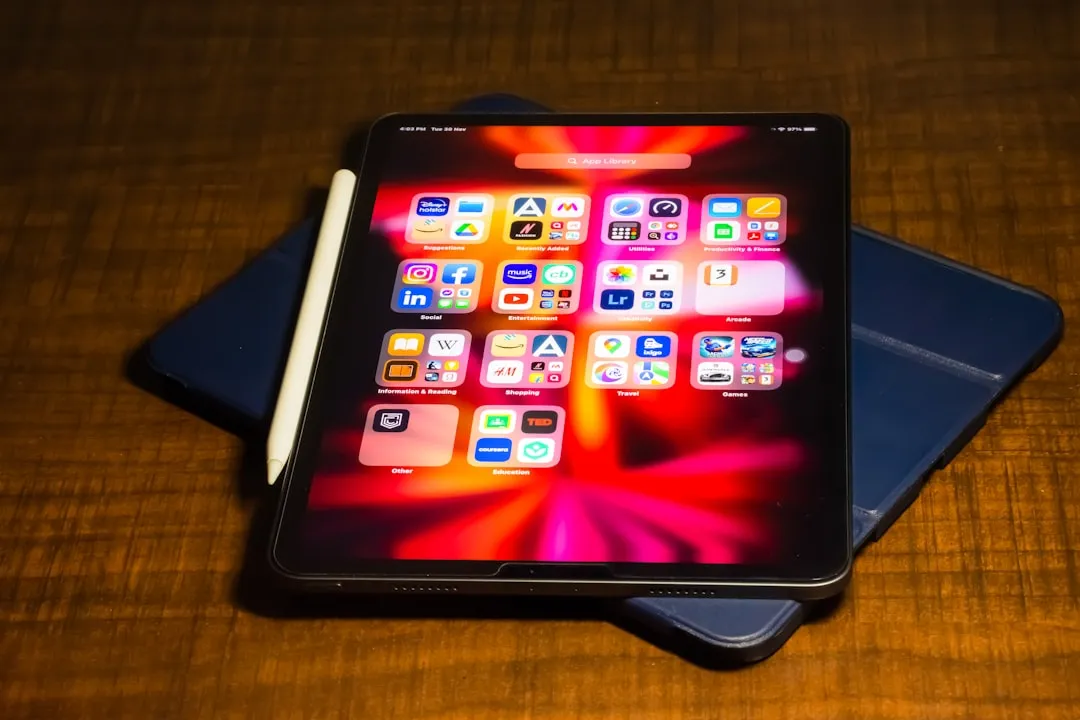

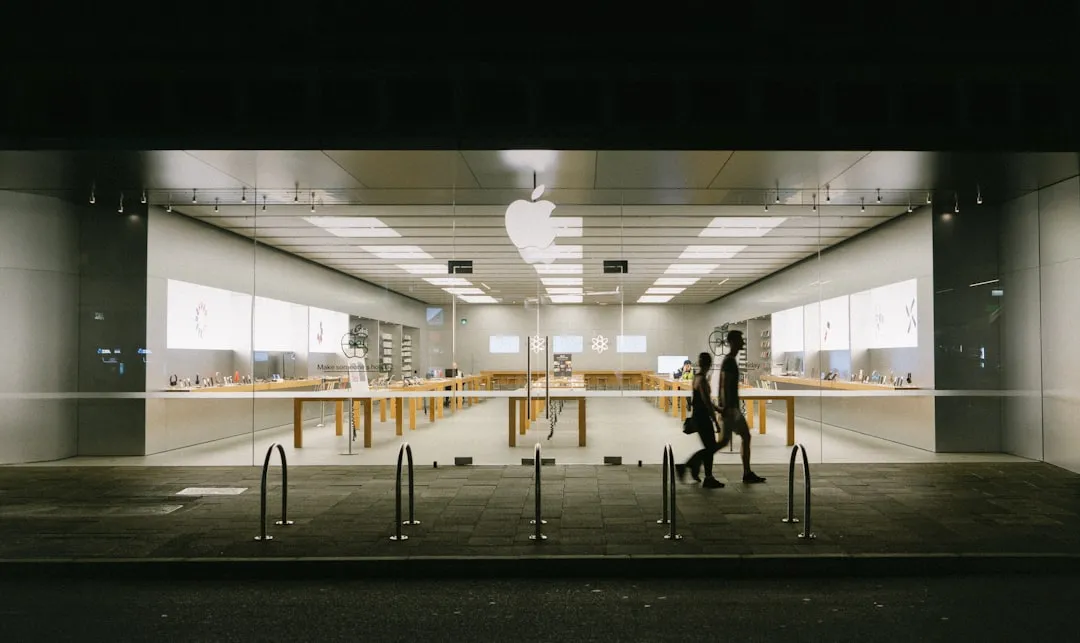
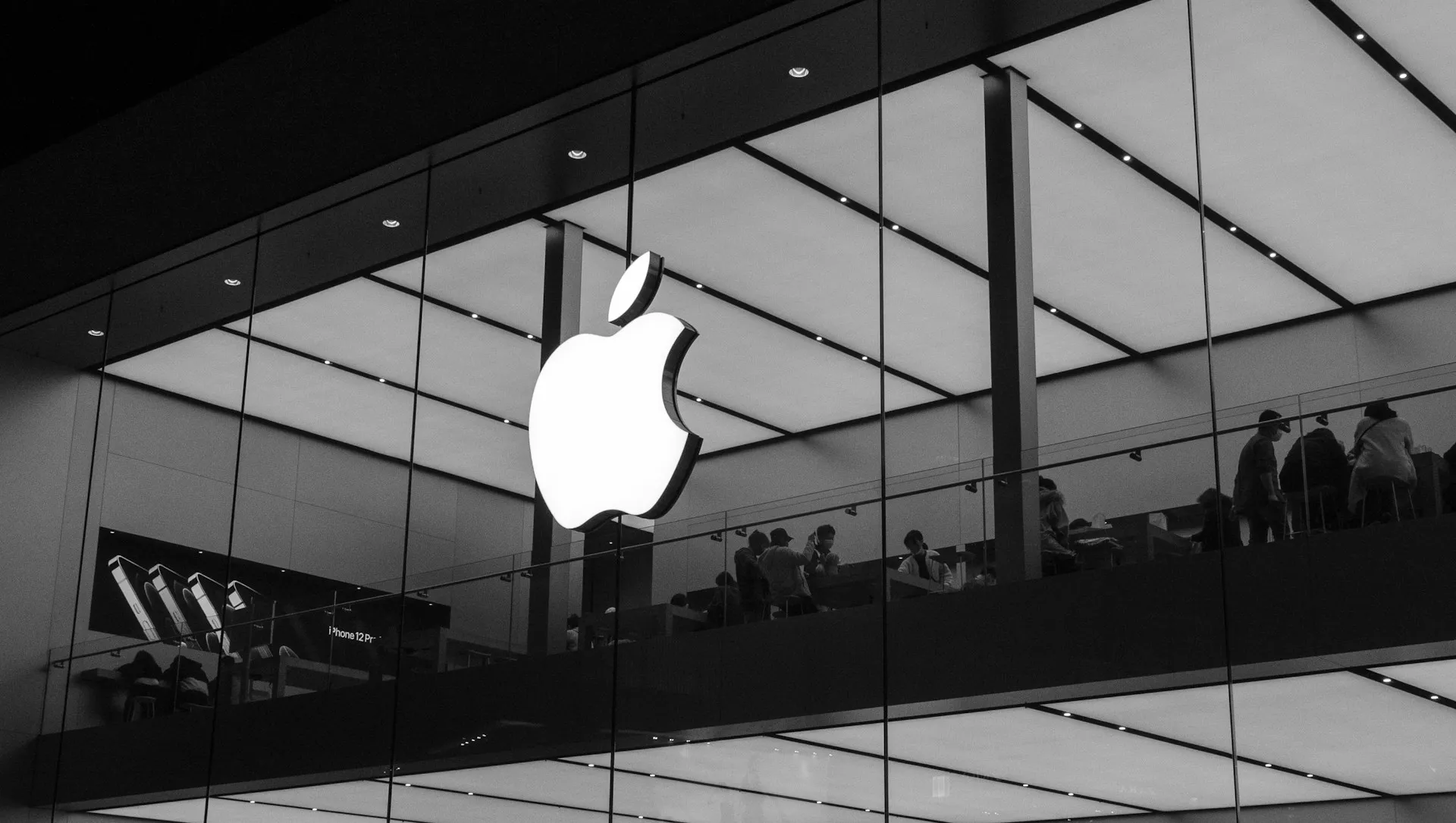
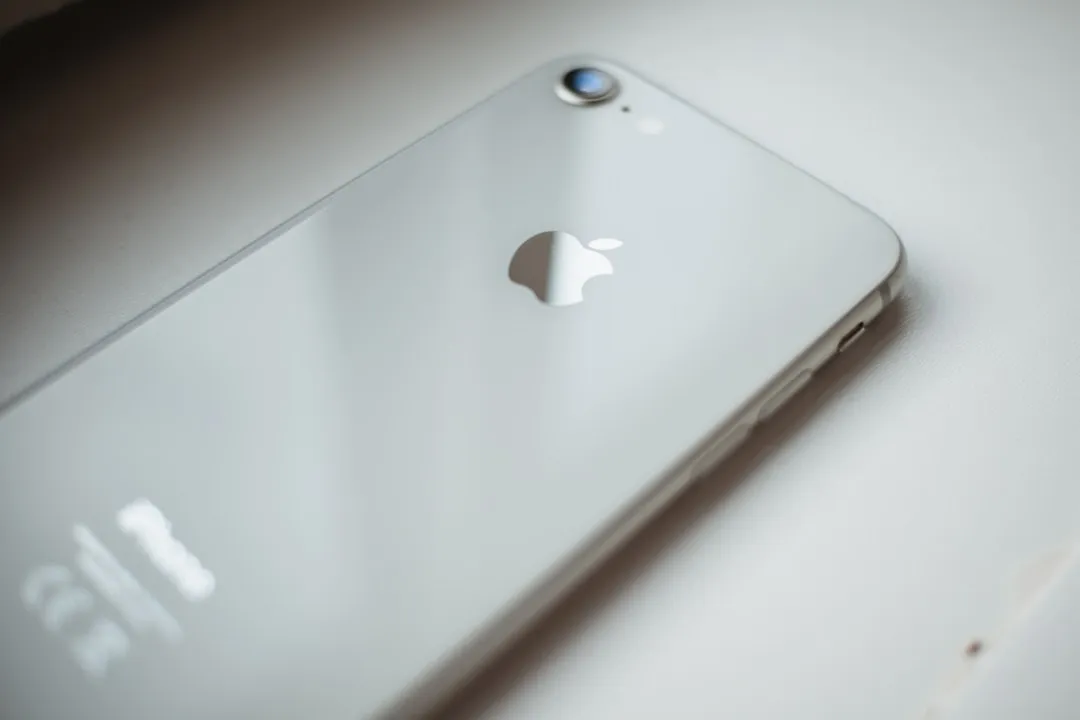

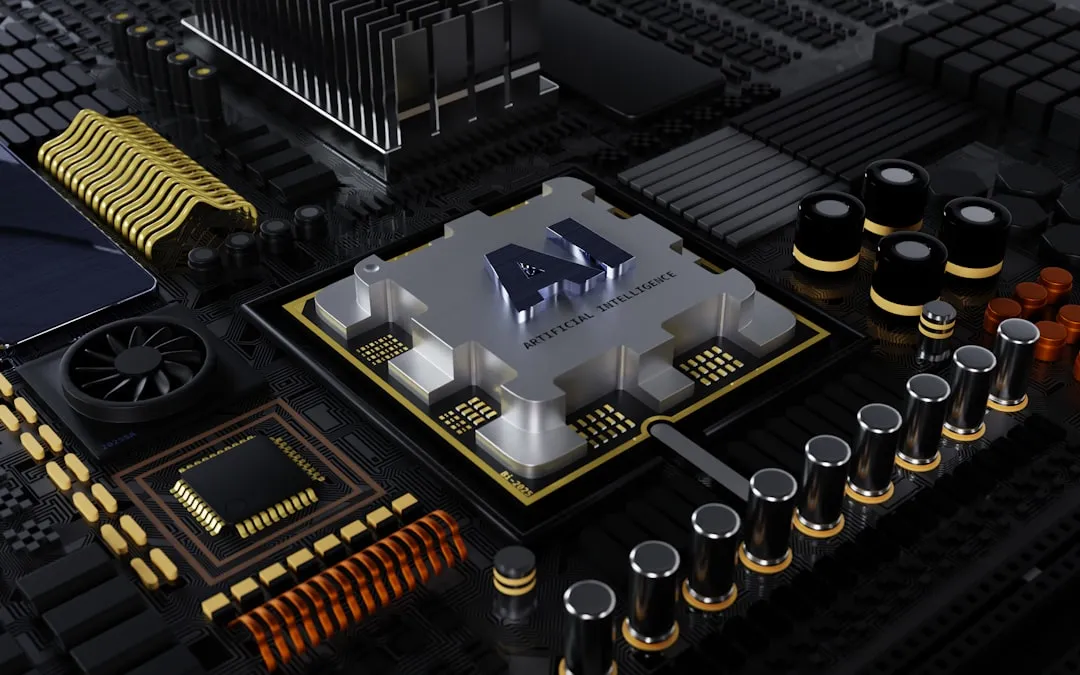
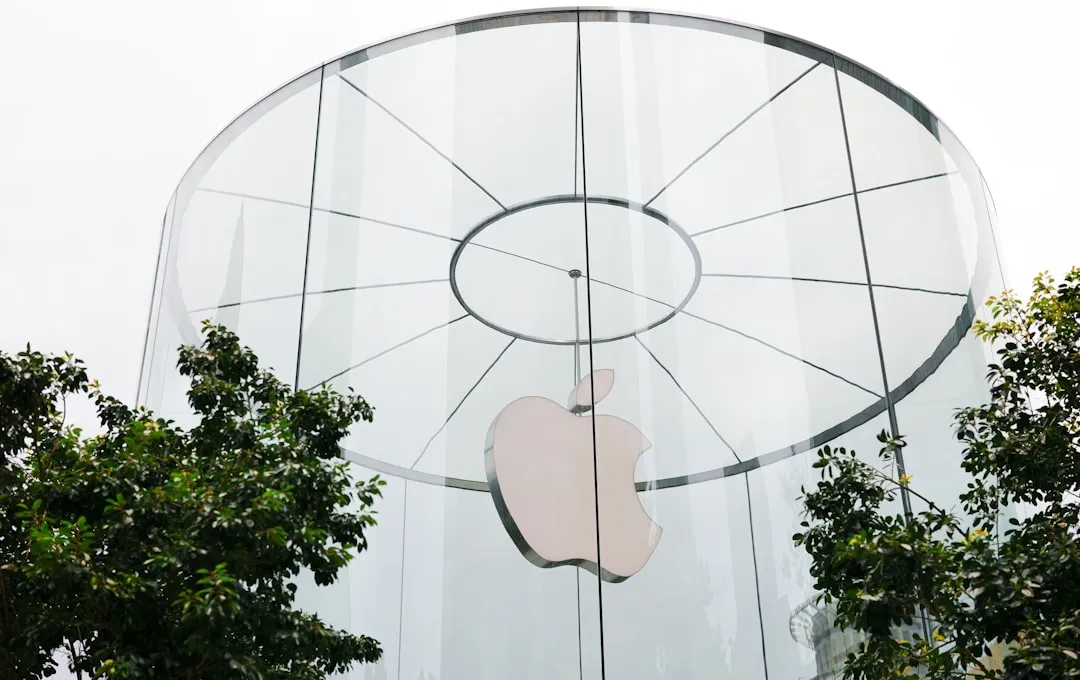

Comments
Be the first, drop a comment!